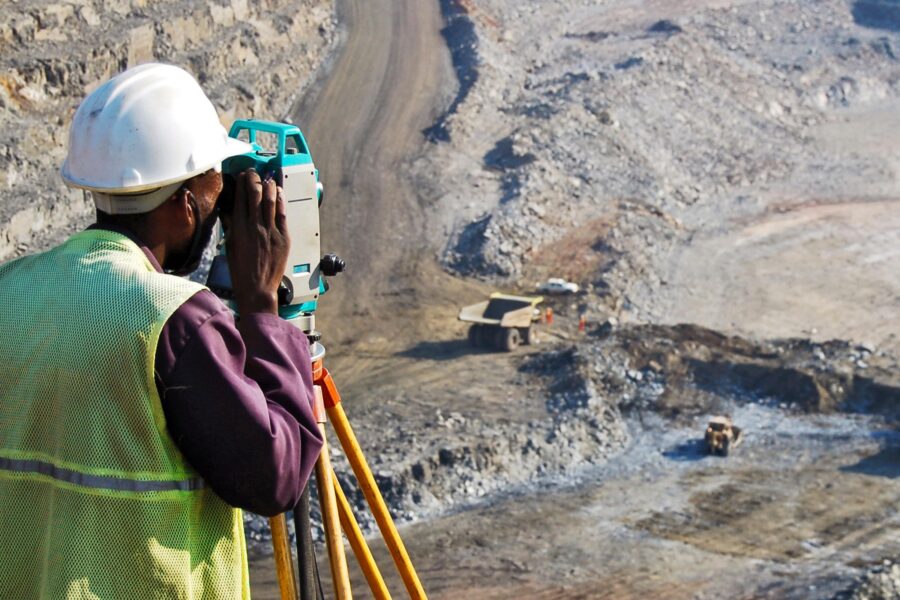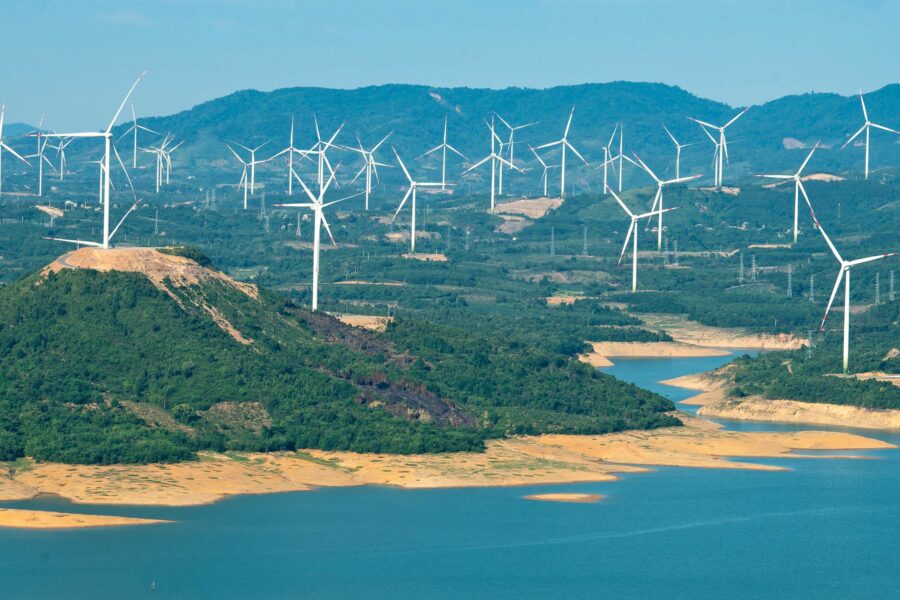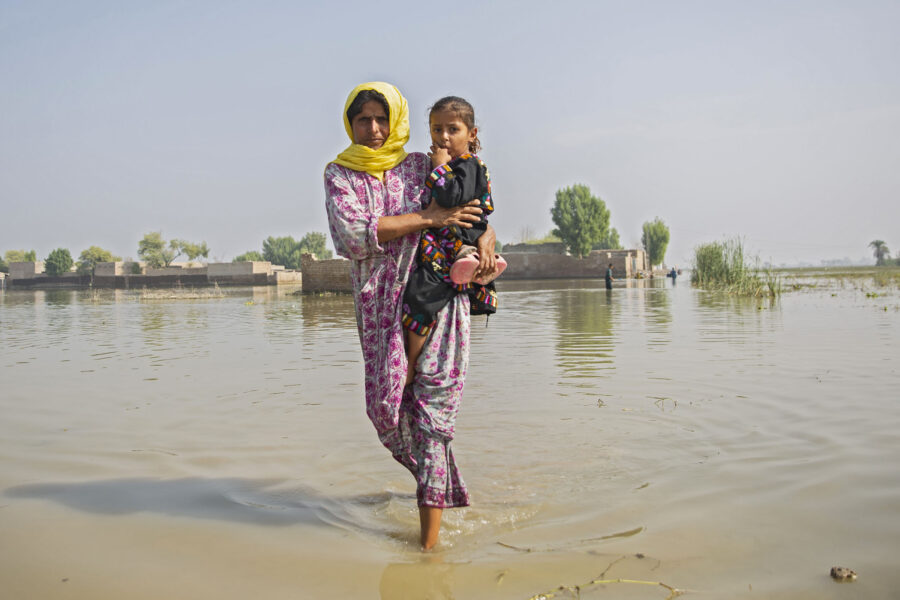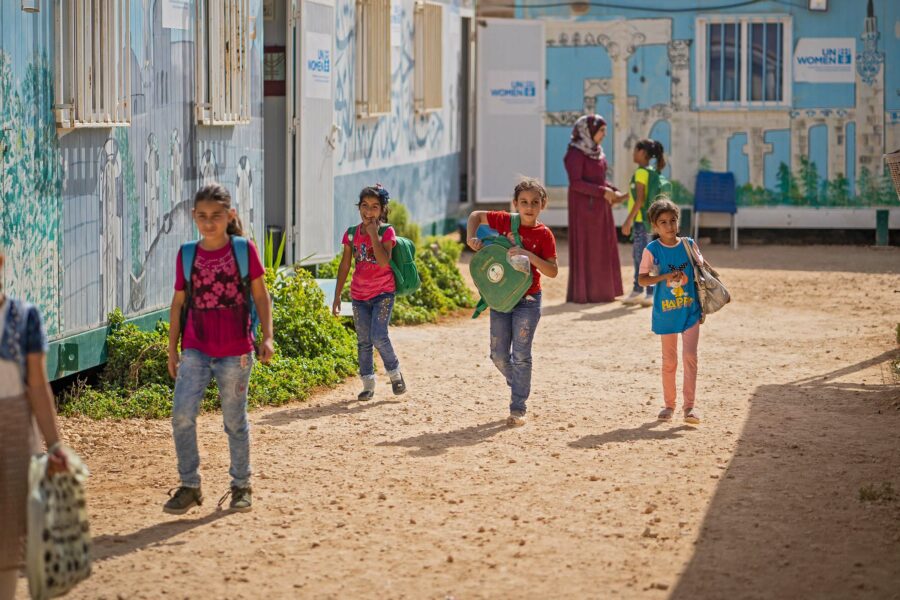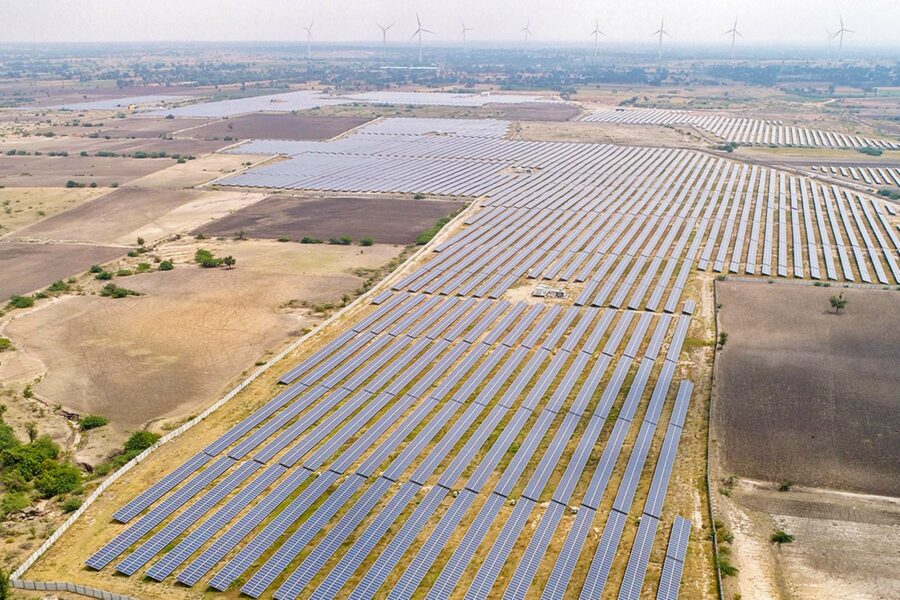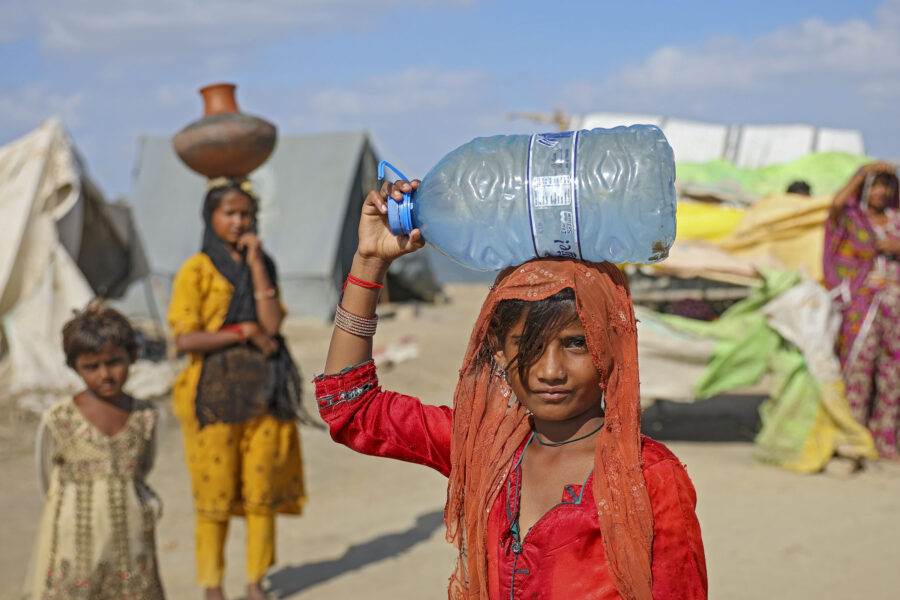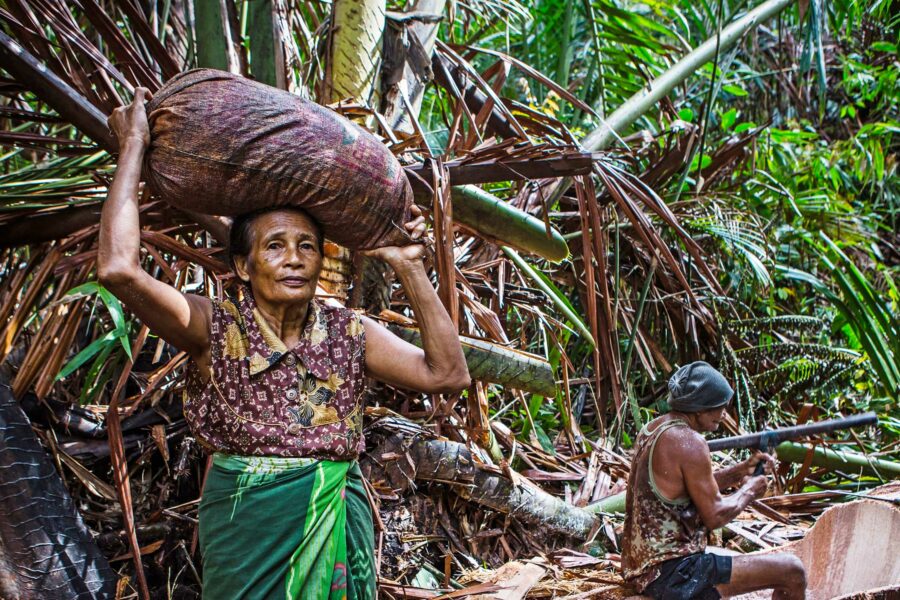Guiding climate action through Earth observation
Climate — Global
With their unwavering gaze from above, satellites are an increasingly powerful tool to identify and monitor anthropogenic emissions, right down to pinpointing individual sites. Using this data to inform policy and direct climate action everywhere must be an urgent global priority


